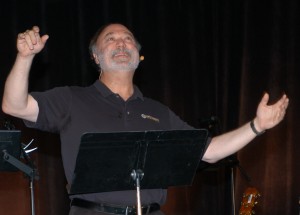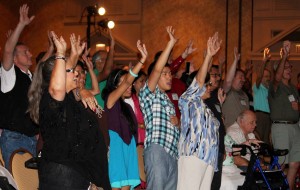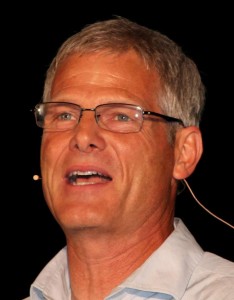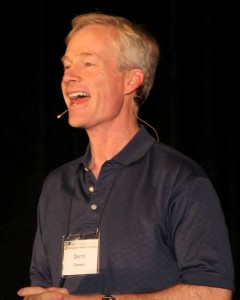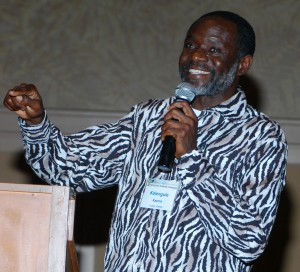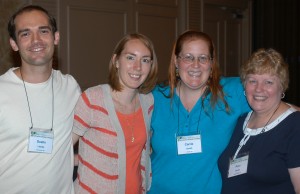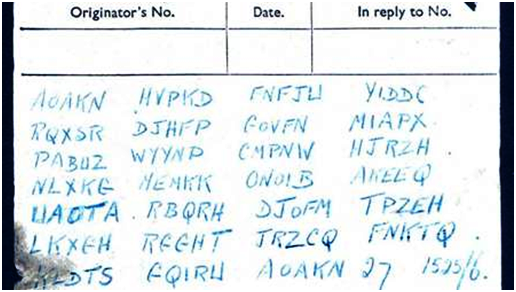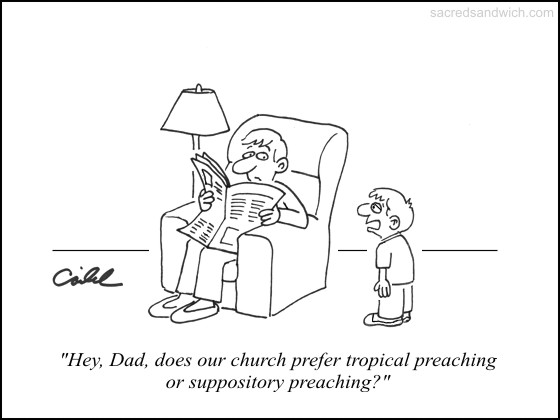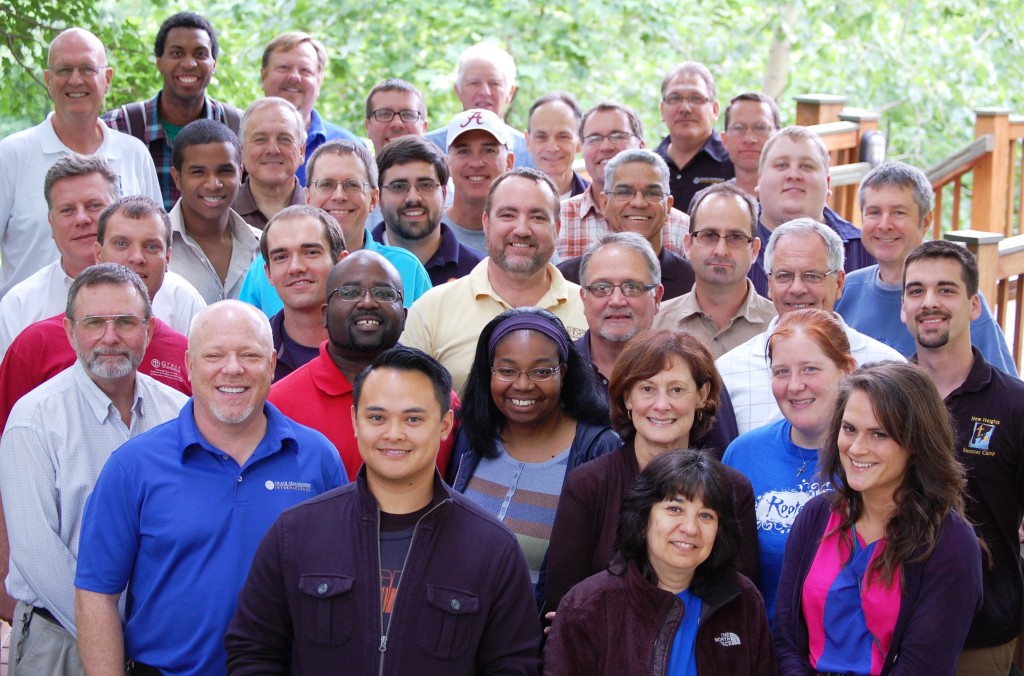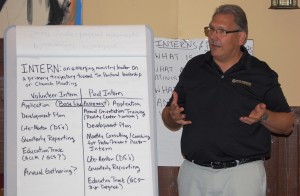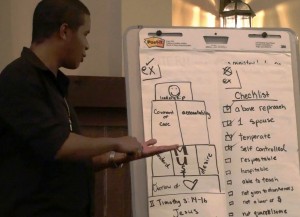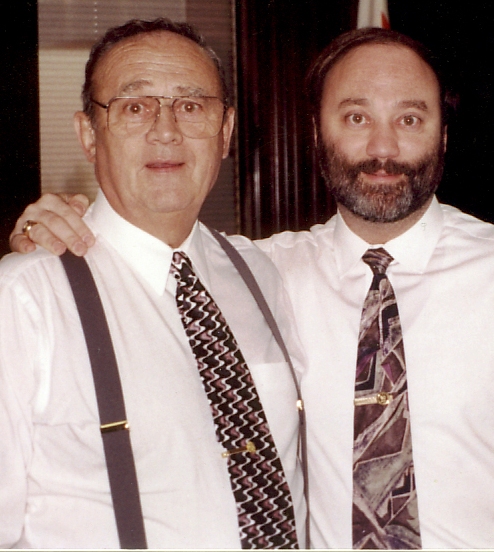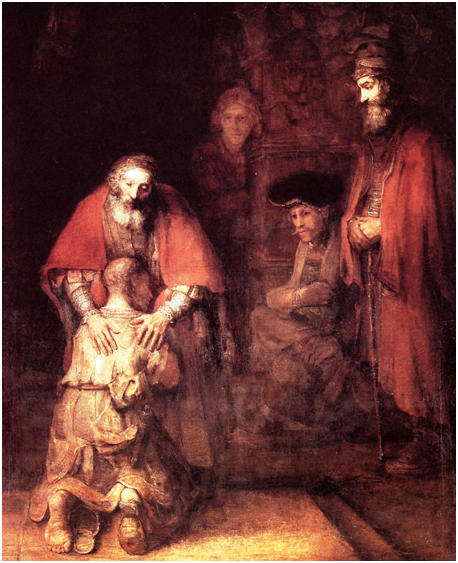Dear Brothers and Sisters in Christ,
 I believe that God heals. Healing was a significant part of Jesus’ ministry. It is one of the gifts of the Spirit mentioned by Paul in 1 Corinthians 12. Sadly, the Spirit’s “gifts of healing” (v. 9) have often been corrupted and distorted by opportunists and charlatans. We need to be careful.
I believe that God heals. Healing was a significant part of Jesus’ ministry. It is one of the gifts of the Spirit mentioned by Paul in 1 Corinthians 12. Sadly, the Spirit’s “gifts of healing” (v. 9) have often been corrupted and distorted by opportunists and charlatans. We need to be careful.
I recall watching a 1991 ABC Primetime Live television program that exposed as fake the “healing” ministries of Robert Tilton, E.V. Grant and Larry Lea. One of the practices exposed was leg-lengthening. The evangelist would “diagnose” the person’s physical problems as related to one leg being shorter than the other, then ask God to lengthen the shorter leg. Lo and behold—before our very eyes—the shorter leg would began to grow. Wow!! Except that, as the program showed, this was just an old carnival trick masquerading as a miraculous healing.
The first time I experienced this trick, it was performed on me by my chiropractor as a joke. He had me sit in a chair and firmly grasped my legs and then held them together to reveal that one leg was two inches longer than the other. I marveled at how quickly he healed my leg by pulling and talking to my legs. I knew there was some kind of trick to this. I had been to medical doctors on a couple of previous occasions with sprained ankles and sprained knees. I’d had x-rays and MRIs and I knew that my one leg was not two inches shorter than the other. So I said, “Okay Doctor, show me the trick.” He quickly explained that it was an old trick used at carnivals. The more you practice it, the better you become at duping unsuspecting people.
There are plenty of videos that expose this practice. In one, former faith healer Mark Haville discusses his use of fakery and hypnotic manipulation (http://youtu.be/BCohlCPSLlo). Another shows two examples of the leg-lengthening hoax (http://www.godtube.com/watch/?v=JC229FNU).
Over the years, I have met quite a few people who had been deceived by this hoax. I marvel that so large a number of people needing their legs lengthened did not sound an alarm in medical circles (actually, most people’s legs are slightly unequal in length, a condition that generally produces no significant physical ill effects).
The Primetime Live program showed that bogus leg-lengthening was only the tip of an iceberg of fraud. The investigative reporters examined every aspect of the three ministries, using hidden cameras and multiple interviews with experts and witnesses. They even examined the ministries’ trash bins and dumpsters, finding thousands of prayer requests that had been discarded (after removing the donations, of course). What masqueraded as Christian ministry was shown to be a racket that was making millions of dollars a year by preying on gullible people.
Why am I bringing this up? Because, although the three fake ministries were exposed, the use of their fraudulent practices continues, and leg-lengthening is having a revival. It is not my purpose to publicly expose those who practice these things; nor is my intent to call into question their sincerity. Some people who use these tricks believe they are performing genuine miracles. However, others know it is a fraud.
Whatever the motive, such practices have no place in GCI’s ministry. As elders, we pray for the sick. While praying we often anoint the sick person with oil and lay hands on them to signify God’s healing presence. However, we need to be aware of the potential pitfall in developing a ministry focused on “miraculous healings.” What may seem to be spectacular demonstrations of God’s power can open the door to profound disillusionment, turning people away from Christ and his gospel.
The gospel proclaims that God has healed our relationship with him and reconciled us to himself. We can begin to live in that new life in relationship with him beginning today. He will one day make everything new and wipe away every tear. That’s the reality. However, for now we have only temporary and partial signs of this coming hope. We have only the “deposit” (down payment, pledge or earnest) of his renewing and transforming Holy Spirit (Ephesians 1:14; 2 Corinthians 1:22; 5:5). While God does grant signs, they remain just that—signs. And God grants such signs in ways that are not predictable or controllable by us. God remains wisely sovereign over how and when he distributes extraordinary signs and does not simply hand them over to us to dispense. That being said, we can remain open to the Spirit’s working “as he wills” (1 Corinthians 12:11).
Jesus is truth personified and he is the one who sets us free. He is our healer who sends his Spirit to work when, where and how he sees fit—for his glory and our benefit. So though we do well to pray in his name for people to be healed, it is wrong to represent him with street magic and old carnival tricks, even if some foolishly think they can advance his reputation by doing so.
Your brother in Christ,
Joseph Tkach


